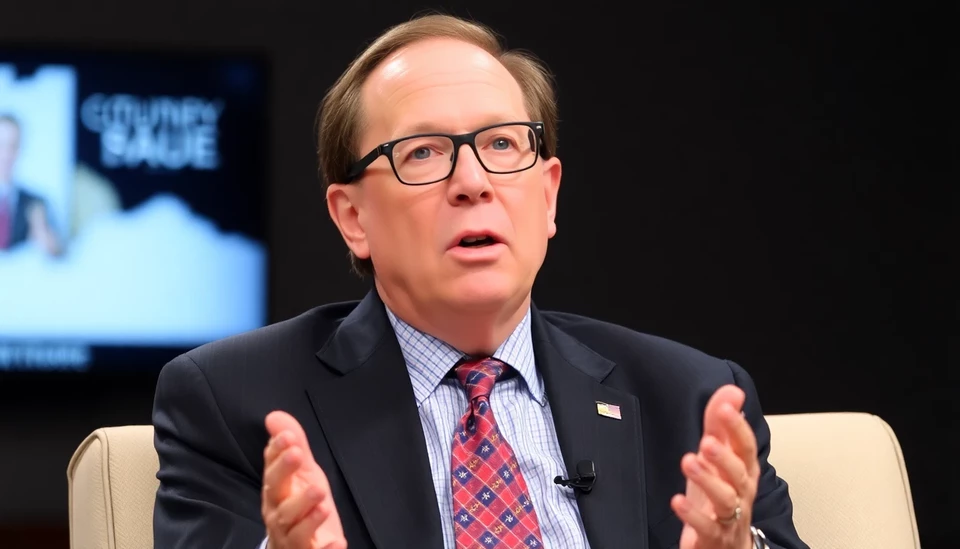
In a surprising turn of events, investment giant BlackRock has reportedly terminated negotiations for a significant sustainable aviation fuel (SAF) deal, casting uncertainty on the future of renewable energy initiatives within the aviation sector. This decision raises questions about the viability and future investments in sustainable fuel sources, which have gained traction as airlines seek to decarbonize their operations amidst global climate concerns.
The halted negotiations involved a partnership with a prominent biofuel company, which aimed to supply airlines with a sizeable amount of SAF. This fuel is produced from renewable resources and is touted as a crucial step toward significantly reducing greenhouse gas emissions from air travel. The deal was anticipated to enhance BlackRock's portfolio in the sustainable energy sector while also assisting airlines in meeting their carbon-reduction targets.
Insiders indicate that the decision to block the deal may stem from BlackRock's priority shifts or a reassessment of investment risk-reward dynamics in the volatile energy market. The global energy landscape has been volatile of late, with commodity prices fluctuating and regulatory pressures mounting on traditional energy sources. BlackRock's action exemplifies a larger trend among institutional investors who are reconsidering their commitments to renewable projects amid economic uncertainties.
Industry analysts have expressed concern that BlackRock’s withdrawal may send negative signals to other investors and stakeholders in the sustainable aviation fuel market. The momentum for SAF has been growing, especially as airlines ramp up efforts to showcase sustainability initiatives to their customers and investors. This momentum could stall significantly without substantial investment backing from firms like BlackRock, which has positioned itself as a leader in sustainable investing.
The news has major implications for the aviation industry, which faces immense pressure to reduce its carbon footprint in alignment with international climate agreements. Airlines have made ambitious commitments to reach net-zero emissions by 2050, and sustainable aviation fuel plays a critical role in these plans. The cessation of this deal underscores the challenges faced by companies in securing the investments necessary to develop and scale up SAF production to meet burgeoning demand.
Experts are now watching closely to see how this development affects other potential sustainable fuel projects and what it might mean for future investments in green technologies. The sustainable aviation industry remains hopeful that other investors will step in to fill the void left by BlackRock and reignite enthusiasm for renewable aviation fuel initiatives.
As the aviation sector continues navigating the complexities of energy transition, the latest news highlights the fragility of the current market dynamics and emphasizes the urgent need for stable investments in sustainable solutions.
The industry awaits further clarification from BlackRock regarding their long-term strategy in sustainable finance and whether this move represents a temporary setback or a broader withdrawal from renewable investments.
There is no doubt that the path towards sustainable aviation is fraught with challenges, but the commitment to finding solutions will be pivotal in determining the future of flight and environmental stewardship in aviation eco-friendly practices.
#BlackRock #SustainableAviation #RenewableEnergy #AviationIndustry #ClimateChange #Investment #SAF
Author: Peter Collins




